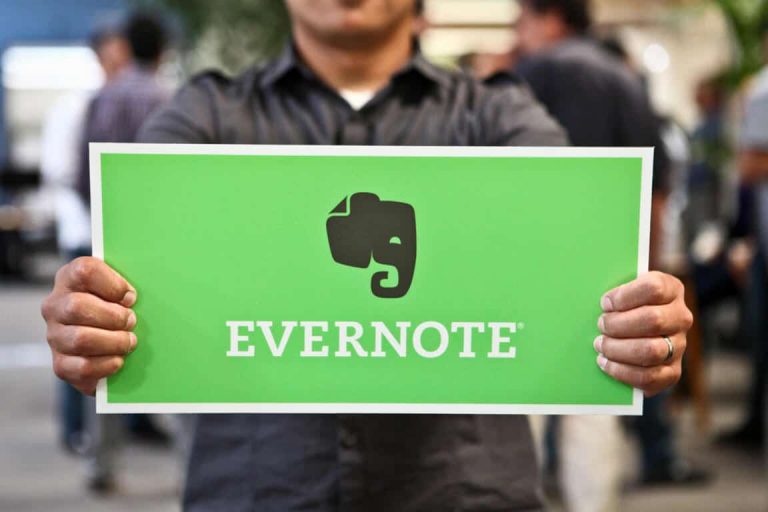A couple of years ago, Comedy Central’s topical satire animated show South Park released a scathing review of how dismissive people can often be regarding UELA’s. In it’s ‘Humancentipad’ episode, the comedic minds behind South Park poked (albeit graphic) fun at the often skipped User End License Agreement by most people when signing up for a service or new hardware purchase.
While the result may not be as dire as depicted in the South Park episode, Evernote users may want to read the companies updated privacy policy to avoid any issues of conflict or begin exploring new alternatives such as OneNote.
According to the updated privacy policy, “Only employees who are fulfilling one of the customer or business needs…will be able to access your data.” What this amounts to is human eyes being given access to user notes for the undisclosed business purposes of Evernote.
To be clear, most data-dealing companies have some form of agreement between user and company that explicitly acknowledges that information traveled across services will at some point be scanned, examined or filtered. The issue with Evernote’s new privacy update is that the company is explicitly stating that employees and not algorithms or bots will be examining user data, thus eroding the thin layer of presupposed privacy of the software.
To Evernote’s credit, users are able to opt out of the new machine learning experiment that’s prompted the updated privacy stance, but not out of the laundry list of undisclosed reasons governments or businesses use to coerce data from companies. There are options to encrypt notes but takes a few extra steps to set up.
However, in light of the privacy update and following on the heels of Microsoft’s new tool to port Evernote files collected by Mac users over to OneNote, it may be worth the time to explore the alternative.
OneNote is as platform agnostic as Evernote and ties neatly into the Office 365 suite of apps. OneNote also stands alone as a free full-featured note taking software that includes voice, image capture, drawing and more when compiling notes or reminders without allowing humans eyes to pry into collected thoughts of its users.



